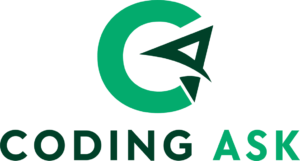main() function
The Dart’s top-level function is called main(). It is the Dart programming language’s most significant and essential feature. The main() function initiates the programming’s execution. Within a program, the main() function can only be used once.
It is in charge of all execution kinds, including functions, user-defined statements, and library functions. The main() function starts the program, where variables are declared and user-defined executable statements are contained. The arguments for the main function, which returns void, might optionally include a List<String> parameter. Below is a general syntax for the main() function.
Syntax
void main() {
// main function body
}
Example
void main()
{
print("Welcome To JavaTpoint");
}
Output
Welcome To JavaTpoint
Dart Return Value
After analyzing the function statements up to the point where it is called from, the function will occasionally return a value. The function’s result is sent to the function call from the return statement. The return statement is represented by the return keyword. The function returns null if the return statement is omitted. A function may or may not include a return statement, but only one return statement is permitted.
Syntax
return <expression/value>;
Dart value with Return Value
The return value syntax is shown below.
Syntax
return_type function_name()
{
//statement(s);
return value;
}
This is an explanation of the syntax mentioned above.
function_name: This denotes the name of the function, which can be any kind of recognized identity.
return type: This indicates the function’s return type. Any kind of legitimate data may be used. The return and the function’s return type ought to match.
Example
void main() {
int mul(int a, int b){
int c = a*b;
return c;
}
print("The multiplication of two numbers: ${mul(10,20)}");
}
Output
The multiplication of two numbers: 200
